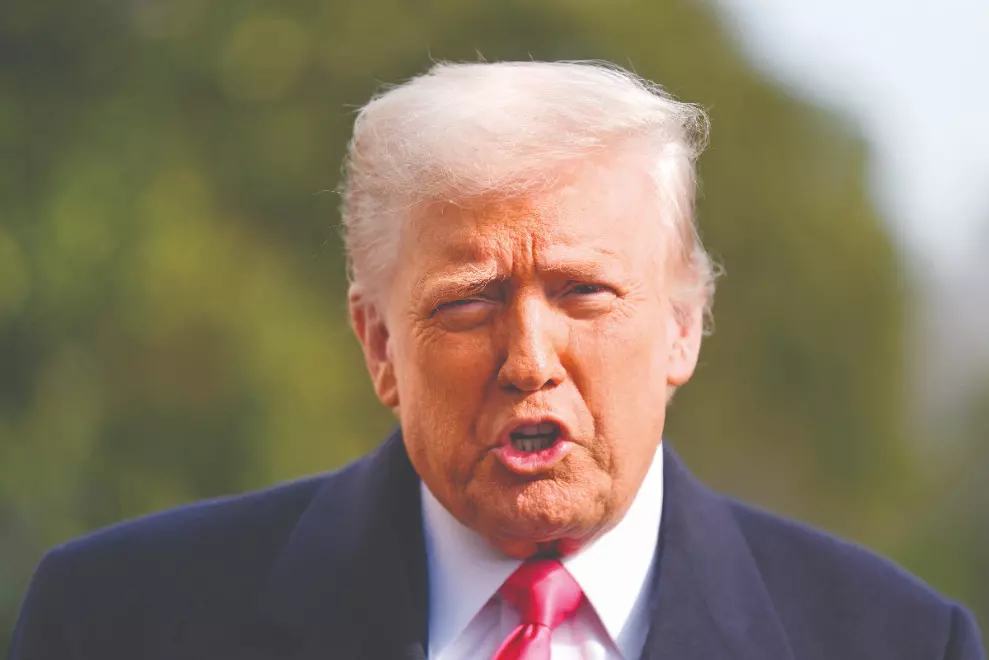Trump announces 26% tariff on India, 34% levy on Chinese imports

Washington, DC: US President Donald Trump has announced sweeping new tariffs on global trade, imposing a 26 per cent duty on Indian imports and a 34 per cent levy on Chinese goods. The move, unveiled as part of his broader economic protectionist strategy, is expected to escalate tensions with two of America’s largest trading partners.
Trump justified the tariffs as a necessary step to combat what he called “unfair trade practices” that have hurt US industries. “For years, India and China have taken advantage of us. That ends now,” Trump declared during a press briefing. The new tariffs will primarily target sectors like pharmaceuticals, textiles, and IT services from India, while China’s electronics, steel, and automobile exports will face stricter restrictions.
Trump held up a chart while speaking, showing the United States would charge a 34 per cent tax on imports from China, a 20 per cent tax on imports from the European Union, 25 per cent on South Korea, 24 per cent on Japan and 32 per cent on Taiwan.
“Taxpayers have been ripped off for more than 50 years,” Trump said in remarks at the White House. “But it is not going to happen anymore.”
The president has promised that factory jobs will return back to the United States as a result of the taxes, but his policies risk causing a sudden economic slowdown as consumers and businesses could face sharp price hikes on autos, clothes and other goods. The tariffs are expected to follow similar recent announcements of 25 per cent taxes on auto imports, levies against China, Canada and Mexico, and expanded trade penalties on steel and aluminium. Trump has also imposed tariffs on countries that import oil from Venezuela and he plans separate import taxes on pharmaceutical drugs, lumber, copper and computer chips.
None of the warning signs about a falling stock market or consumer sentiment turning morose has caused the administration to publicly second-guess its strategy.
The decision has drawn sharp criticism from Beijing, which condemned the move as “economic coercion” and vowed to retaliate with countermeasures. Indian officials, while yet to formally respond, are reportedly considering diplomatic and trade-based counteractions.



